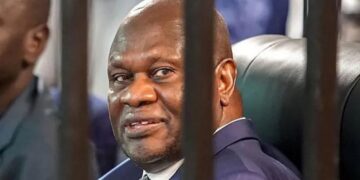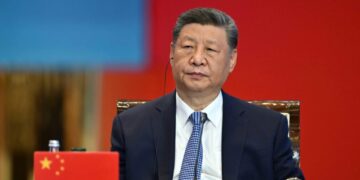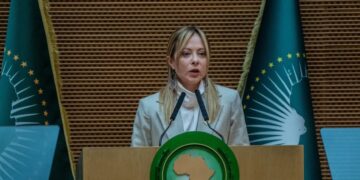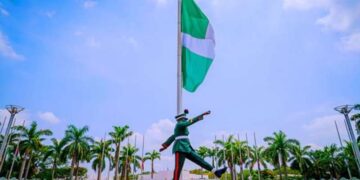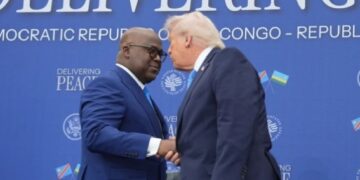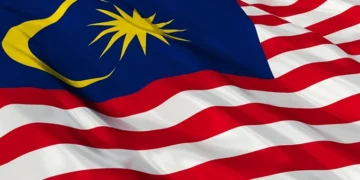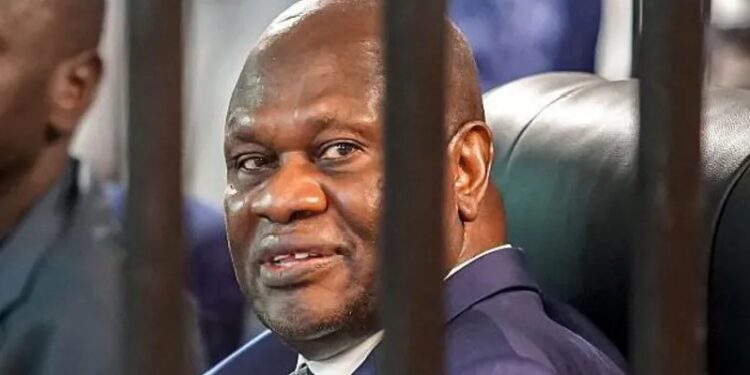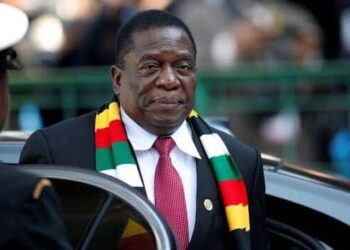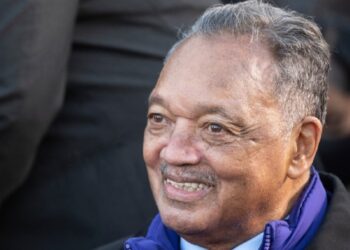By Enyichukwu Enemanna
A South Sudan special court on Monday ruled that it has the jurisdiction to prosecute suspended Vice-President Riek Machar and seven co-accused facing charges of murder, treason and crimes against humanity.
The court dismissed all prayers sought by Machar’s legal team querying the constitutionality of the proceedings, and the claim that he has immunity from facing prosecution. The case was adjourned till Wednesday.
Machar has dismissed the charges brought against him two weeks ago as a political “witch-hunt”, raising concern on a possible return of war in the poor country enjoying a fragile peace.
The charges stem from an attack in March by a militia allegedly linked to Machar, in which 250 soldiers and a general were killed.
He has since been kept under house arrest. Machar’s defence team had argued that the alleged crimes should not be tried by a national court but by a hybrid court under the African Union, in accordance with the 2018 Peace Agreement that ended the five-year civil war between his forces and those loyal to President Salva Kiir.
Presiding Judge James Alala however said that the special court has the authority to try national offences, as a hybrid court had not yet been established.
“The special court enjoys jurisdiction to try this case according to the Transitional Constitution 2011 as amended,” he said.
He also denied that Machar had immunity from prosecution, saying this was only enjoyed by the president.
“The First Vice-President does not have constitutional immunity, according to the transitional constitution,” the judge ruled.
The court also expelled two of Machar’s lawyers after the prosecution argued that they did not have valid licences.
The presiding judge ruled that the two could only participate once they have renewed their licences.
After the ruling, Machar’s SPLM-IO party said the entire case was “unconstitutional” – nothing more than a “rigged court case” and “sham trial” led by a “kangaroo court” that lacked “jurisdiction, legality and competence”.
It also alleged that the motives behind the trial were “tribal”.
